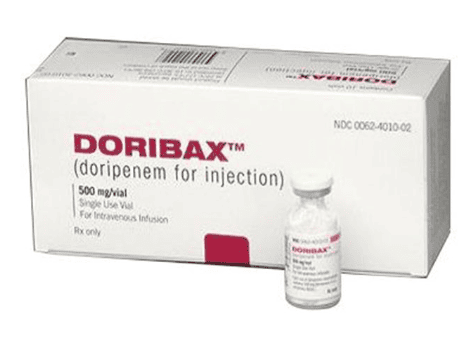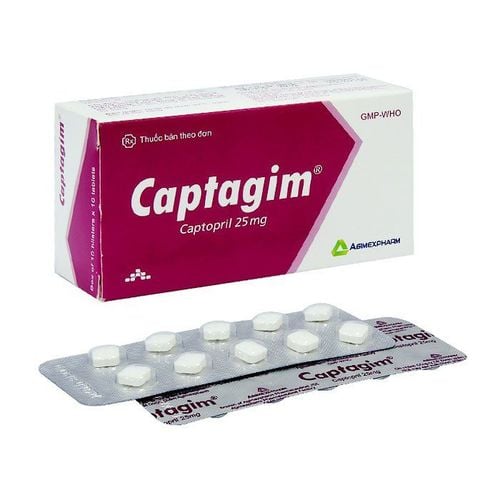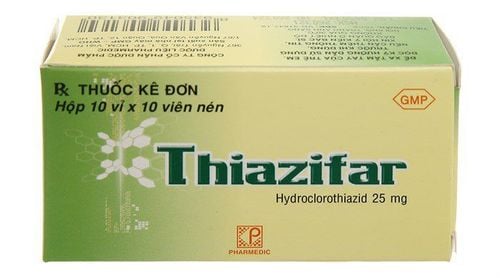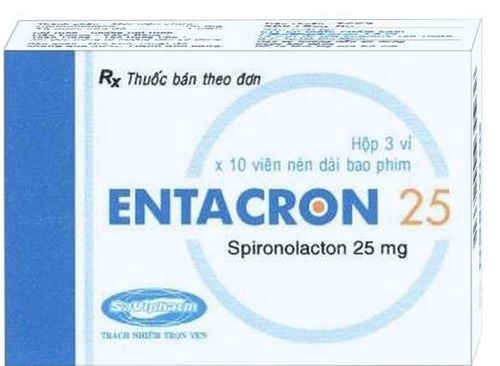This is an automatically translated article.
The article is professionally consulted by Doctor of Department of Examination & Internal Medicine, Vinmec Nha Trang International General Hospital.
Chronic glomerulonephritis is a disease that includes symptoms such as blood in the urine and protein in the urine. As a result, kidney function gradually declines. Early detection is based on the presence of persistent red blood cells and proteinuria and the presence of additional symptoms: edema, high blood pressure, anemia
1. Test for glomerulonephritis
1.1. Diagnosis of edema. Proteinuria. Urinary erythrocytes. Urinary cast. Blood urea, blood creatinine increased. X-ray image, kidney scan.
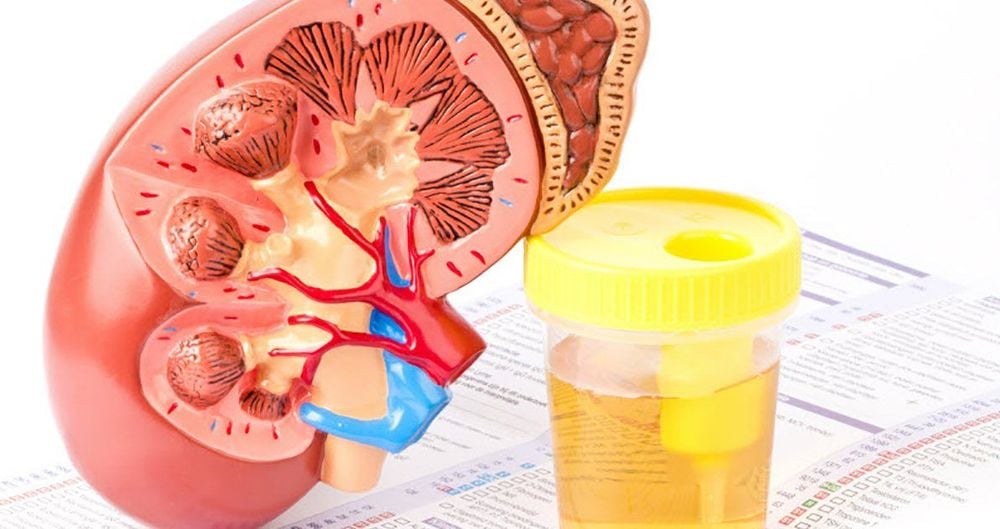
Protein niệu là biểu hiện trong bệnh viêm cầu thận
1.2 Differential diagnosis Chronic pyelonephritis often has urinary tract infection, nephrolithiasis - clinical urinary tract is not edematous, proteinuria is low, rarely more than 1 g/24 hours, leukocytosis, and bacteriuria. . If there is a cast, it is a white blood cell. The two kidneys are unequal in size, the renal margins are often rough, the renal calyces and renal pelvises may be dilated (UIV). Benign renal sclerosis occurs as a result of long-term hypertension. Characteristic damage is arteriosclerosis due to protein-lipid deposition in plasma, damaging endothelial cells, causing narrowing of the artery lumen. Proteinuria often occurs before hypertension or at the same time.
In hypertension, proteinuria, if present, appears late and is small in number. Malignant renal fibrosis (malignant hypertension) in chronic chronic glomerulonephritis, the two kidneys are often atrophy and anemia, the two kidneys are not atrophied, the disease often progresses rapidly, and the kidney failure is severe but not have severe anemia. Urinary and proteinuria are often transient, sporadic, never leading to renal failure such as chronic glomerulonephritis.
Acute glomerulonephritis: the patient has a history of bacterial infection in the throat and skin, then edema, oliguria, hematuria, and high blood pressure appear. Diagnosis is confirmed by ultrasound or nephrography if the two kidneys are smaller than normal, chronic glomerulonephritis. Acute glomerulonephritis is rapidly progressive: the patient has a history of bacterial infection in the throat and skin, then edema and urine appear. less, hematuria, high blood pressure, blood urea and blood creatinine increased.
1.3 Diagnosis of latent form: Based on the patient's history of glomerular disease, erythrocytosis tests, prolonged casts of urine. The definitive diagnosis is based on renal biopsy. Acute exacerbation of chronic glomerulonephritis: The patient has a history of chronic glomerulonephritis and has predisposing factors such as:
Malignant hypertension. There are episodes of infection. Pregnancy... Chronic glomerulonephritis is a chronic disease caused by progressive diseases of the glomeruli, lasting from months to years. Early detection is based on the presence of persistent red blood cells and proteinuria and the presence of additional symptoms: edema, high blood pressure, anemia
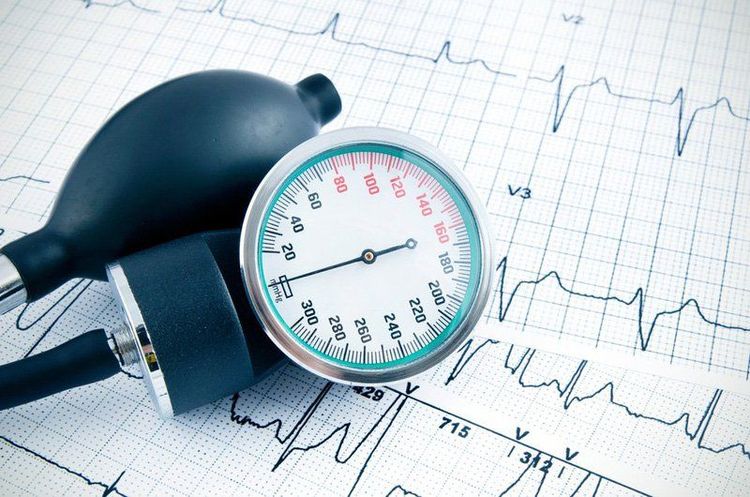
Bệnh nhân có tiền sử tăng huyết áp ác tính cũng là yếu tố thuận lợi cho bệnh viêm cầu thận mạn tính phát triển
2. Can chronic glomerulonephritis be cured?
Treatment of chronic glomerulonephritis is quite difficult and complicated. Limit the progression of the disease by:
Control blood pressure, rest, eat light meals and use diuretics when there is edema and high blood pressure. Avoid infections such as keeping clean, wearing a mask when going out, keeping warm when it's cold... When you have kidney failure, you need to limit protein in your food rations. Avoid using drugs that are toxic to the kidneys such as aminoglycosides antibiotics (such as Gentamycin, Streptomycin...), non-corticoid anti-inflammatory drugs (such as Ibuprofen, Diclofenac...). Besides, the patient will be treated according to the chronic glomerulonephritis treatment regimen:
Diuretic: Lasix 40mg x 1 tablet/24h. A higher dose may be given if edema persists. Antihypertensive drugs of all classes can be used. In the presence of heart failure, do not use β-blockers. Use antibiotics when there is an infection: It is necessary to give appropriate antibiotics, avoid antibiotics that are toxic to the kidneys, and last from 7-14 days. For sore throat, the best is Penicillin or Ampicillin.
Please dial HOTLINE for more information or register for an appointment HERE. Download MyVinmec app to make appointments faster and to manage your bookings easily.




